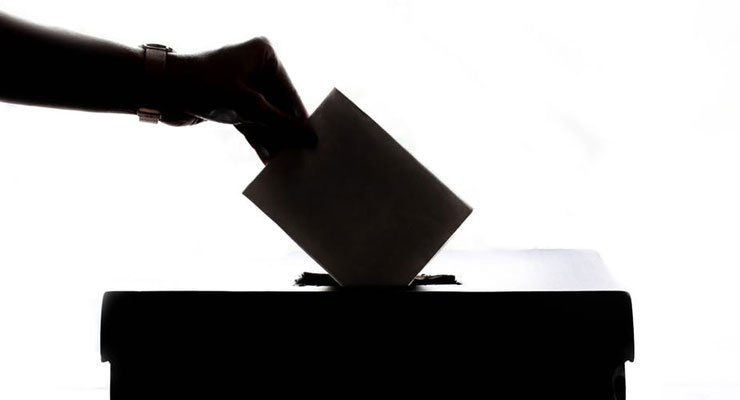 Congo’s main opposition party boycotted the country’s most recent presidential election. Denis Sassou Nguesso, in power for over 36 years now won a controversial third term following the polls. Rachel Simpson had this information in The Organization for World Peace:
Congo’s main opposition party boycotted the country’s most recent presidential election. Denis Sassou Nguesso, in power for over 36 years now won a controversial third term following the polls. Rachel Simpson had this information in The Organization for World Peace:
The main Congolese opposition party, Pan-African Union for Social Democracy (UPADS), boycotted the most recent presidential election in the country. President Denis Sassou Nguesso was re-elected with 88% of the vote on March 23, beating six contenders and extending his 36-year reign to an unprecedented third term. Past events, such as the armed violence and internal displacement that ensued from the fraudulent 2016 election, led UPADS to instead advocate for a 2023 transitional period without Sassou Nguesso on the ballot.
According to Al Jazeera, UPADS explained that “conditions were not conducive for polls and that an election would only lead to more divisions in the country”. These conditions, as reported by Al Jazeera’s Malcolm Webb, included the country’s lack of internet access during the election, the targeting of opposition groups’ members, and deceased people on the electoral register. The government also rejected the Catholic church’s offer to supply independent election observers, as explained to Al Jazeera by the church’s Felicien Mavoungou. On March 23, the third and final day of the 2021 election, Webb reported, “Rights activists say there’s no freedom of speech and there was no chance of having any democratic process in the first place.”
Given the violence that ensued from the 2016 election and a near-pointless electoral process, UPADS’ decision to boycott and attempt to install a transitional period in 2023 proves to be a more peaceful and productive option. It’s difficult for a “predatory structure”, as African Affairs’ Sevérine Autussere calls it, to participate in a transparent election when state officials are those responsible for the violations. Attempting to participate in a dead-end election resulted in armed violence, displacement, and the arrests of UPADS leaders. This only further marginalizes opposition groups and civilians. Their fight for a transitional period also signals a commitment to actually changing the current system that proves to be corrupt and ineffective. Although democratic elections are conducive to political equality and participation, the current “democracy” does not have the capacity to absorb such processes. Instead, UPADS is taking the reasonable and ultimately more peaceful position of realistically adjusting to the situation on the ground.
Read the full story here.
Leave a Reply